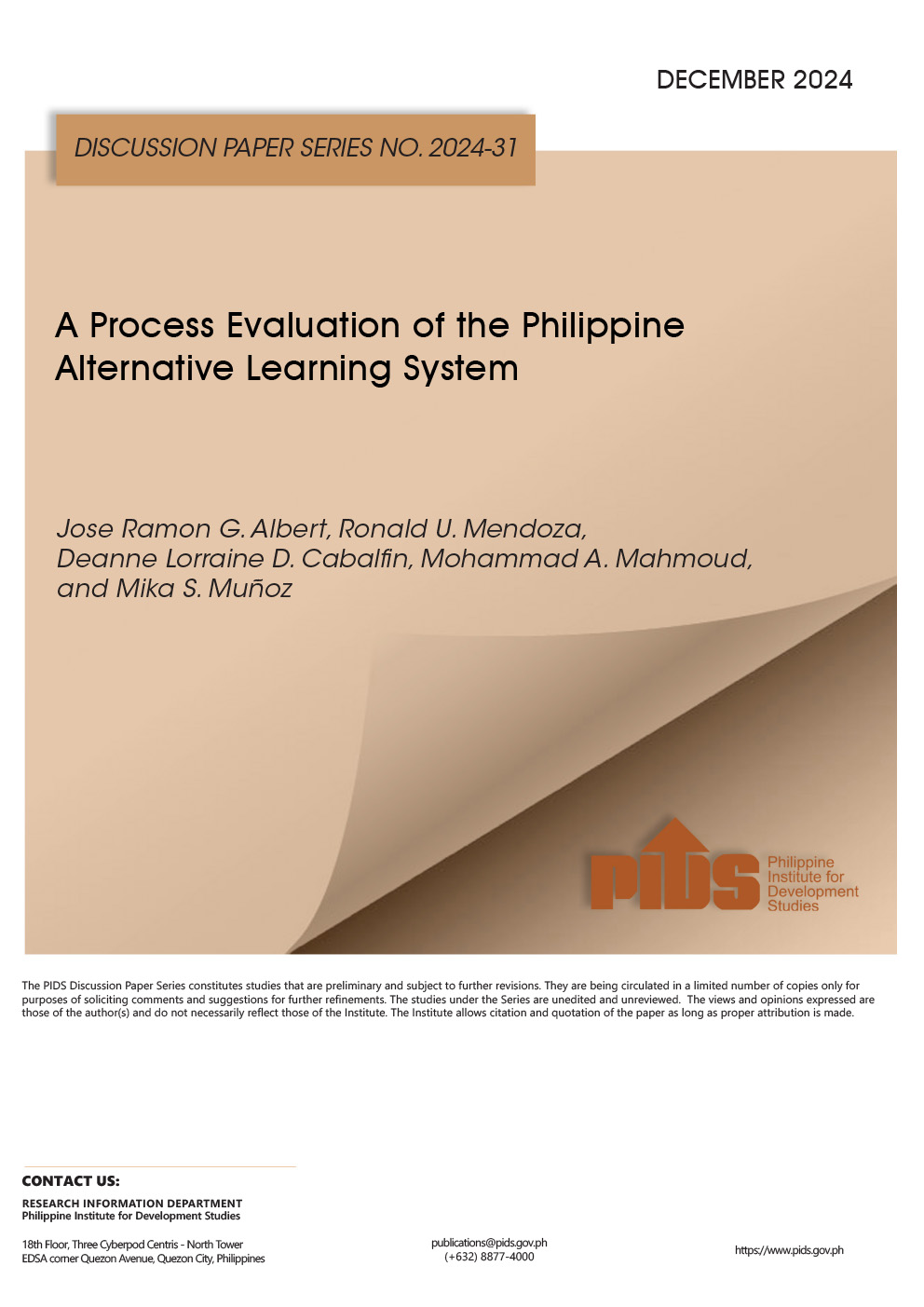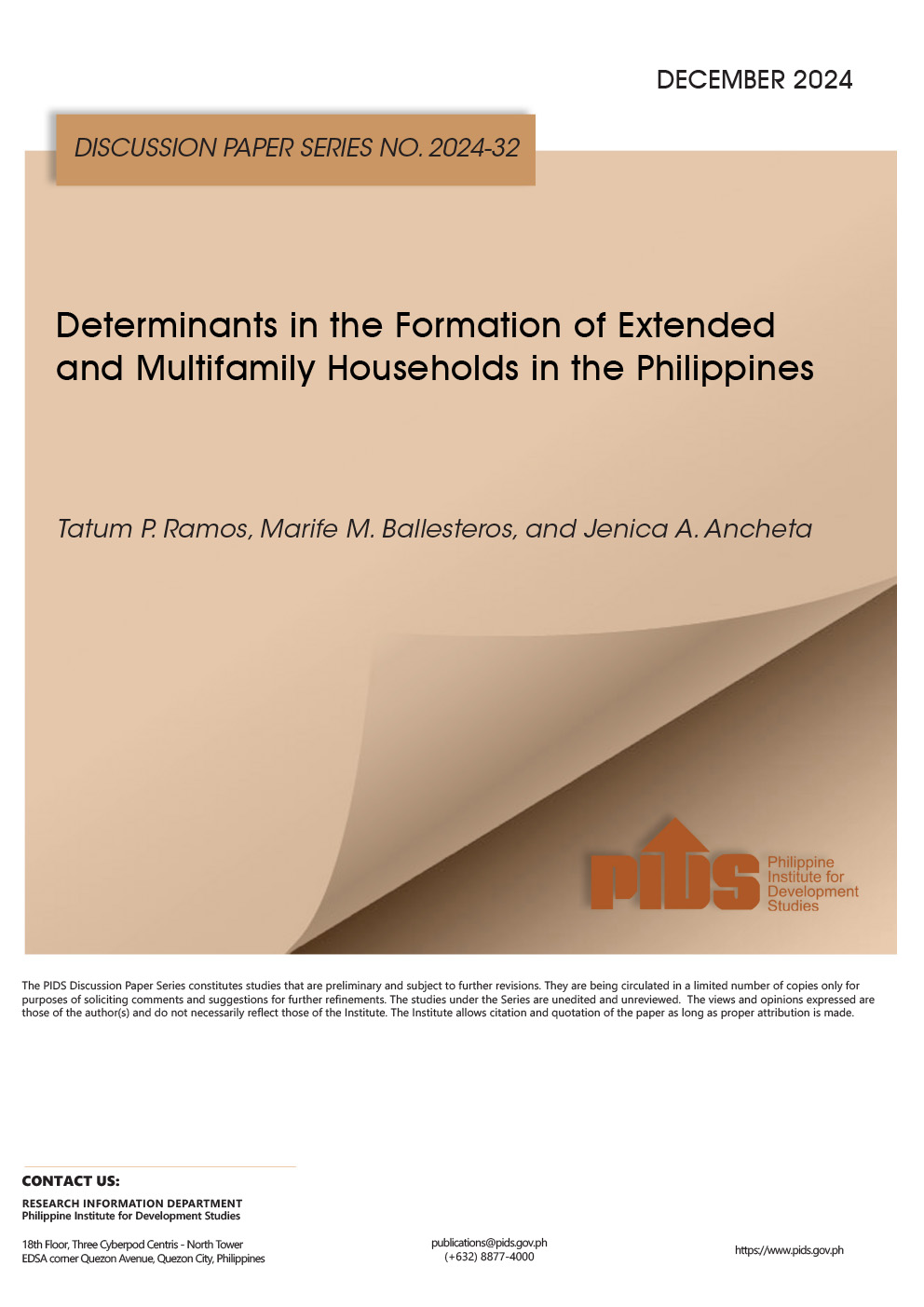Low labor costs and hig quality of the labor force will continue to make the country an attractive destination for Australian investments, according to the Philippine Institute for Development Studies (PIDS).
In a policy note, PIDS visiting research fellow Peter K. Ross and entrepreneur Mike O’Hagan said Australian firms can provide opportunities for the local business- process outsourcing (BPO) market. Small and medium enterprises (SMEs) from Australia can be a potential market for micro-offshoring services offered by Philippine-based BPO firms.
“The extent and competitive nature of the Australian SME sector also suggest that the growth of Australian SME clients is likely to continue. This provides entrepreneurial opportunities for local Filipino SMEs looking to enter and tap this market,” they added.
Advantages linked to the Philippine BPO sector is that it is one of top BPO destinations worldwide and it has a well-educated work force increasing 600,000 tertiary graduates, including 3,000 public accountants yearly.
The country’s location also favors Australian firms because there is only a two-hour difference to the Australian Eastern Standard time.
The BPO companies in the Philippines also enjoy competitive labor rates compared to Australian salaries.
Data obtained by the authors from Payscale, labor rates in 2016 for the bottom 30 percent in Australia was at P1.38 million, while the top 10 percent receive P2.05 million a year. This results in a median annual pay of P1.58 million in Australia.
In the Philippines the bottom 10 percent earn P103,630 and the top 10 percent earn P308,963 a year. This results in a median annual salary of P192,241.
The authors said that, while BPO rates are confidential and vary according to client requirements and employee experience, the full cost of an administrative or customer- service worker would be around A$15,000 to A$20,000 per year, less than half of the Australian salary for an equivalent job.
“Median labor rates in the Philippines for call-center type of work are around eight times lower than in Australia,” the authors said.
“Taking these overhead and other labor expenses into account, a widely quoted statistic across many Filipino BPO sites suggests that Australian firms can secure up to 70-percent labor cost savings,” they added.
Despite these advantages, the Philippine BPO sector is plagued by challenges, such as government red tape, conflicting government requirements and poor infrastructure and traffic congestion.
The outsourcing sector in the country is also faced with expensive, unreliable utilities, as well as claims that adjudication of labor cases is biased.
The authors said the extensive labor law provisions make it difficult to fire Filipino workers.
This places more pressure on firms to carefully document all employee activities in case they need to lay off a worker.
“Some respondents felt the adjudication of labor cases before the National Labor Relations Commission tends to be biased in favor of employees. Nonetheless, most respondents advised that the labor law could be navigated, but firms needed to be aware of and abide by its provisions,” the authors said.
This policy note is based on a research conducted in 2016 on the BPO sector in Metro Manila and Clark Freeport Zone in Angeles City, Pampanga.
Data were obtained through interviews and discussions with BPO managers, Australian SME clients and other relevant persons.
It is further supported by the long-term industry experience and knowledge of one of the authors.//
In a policy note, PIDS visiting research fellow Peter K. Ross and entrepreneur Mike O’Hagan said Australian firms can provide opportunities for the local business- process outsourcing (BPO) market. Small and medium enterprises (SMEs) from Australia can be a potential market for micro-offshoring services offered by Philippine-based BPO firms.
“The extent and competitive nature of the Australian SME sector also suggest that the growth of Australian SME clients is likely to continue. This provides entrepreneurial opportunities for local Filipino SMEs looking to enter and tap this market,” they added.
Advantages linked to the Philippine BPO sector is that it is one of top BPO destinations worldwide and it has a well-educated work force increasing 600,000 tertiary graduates, including 3,000 public accountants yearly.
The country’s location also favors Australian firms because there is only a two-hour difference to the Australian Eastern Standard time.
The BPO companies in the Philippines also enjoy competitive labor rates compared to Australian salaries.
Data obtained by the authors from Payscale, labor rates in 2016 for the bottom 30 percent in Australia was at P1.38 million, while the top 10 percent receive P2.05 million a year. This results in a median annual pay of P1.58 million in Australia.
In the Philippines the bottom 10 percent earn P103,630 and the top 10 percent earn P308,963 a year. This results in a median annual salary of P192,241.
The authors said that, while BPO rates are confidential and vary according to client requirements and employee experience, the full cost of an administrative or customer- service worker would be around A$15,000 to A$20,000 per year, less than half of the Australian salary for an equivalent job.
“Median labor rates in the Philippines for call-center type of work are around eight times lower than in Australia,” the authors said.
“Taking these overhead and other labor expenses into account, a widely quoted statistic across many Filipino BPO sites suggests that Australian firms can secure up to 70-percent labor cost savings,” they added.
Despite these advantages, the Philippine BPO sector is plagued by challenges, such as government red tape, conflicting government requirements and poor infrastructure and traffic congestion.
The outsourcing sector in the country is also faced with expensive, unreliable utilities, as well as claims that adjudication of labor cases is biased.
The authors said the extensive labor law provisions make it difficult to fire Filipino workers.
This places more pressure on firms to carefully document all employee activities in case they need to lay off a worker.
“Some respondents felt the adjudication of labor cases before the National Labor Relations Commission tends to be biased in favor of employees. Nonetheless, most respondents advised that the labor law could be navigated, but firms needed to be aware of and abide by its provisions,” the authors said.
This policy note is based on a research conducted in 2016 on the BPO sector in Metro Manila and Clark Freeport Zone in Angeles City, Pampanga.
Data were obtained through interviews and discussions with BPO managers, Australian SME clients and other relevant persons.
It is further supported by the long-term industry experience and knowledge of one of the authors.//










